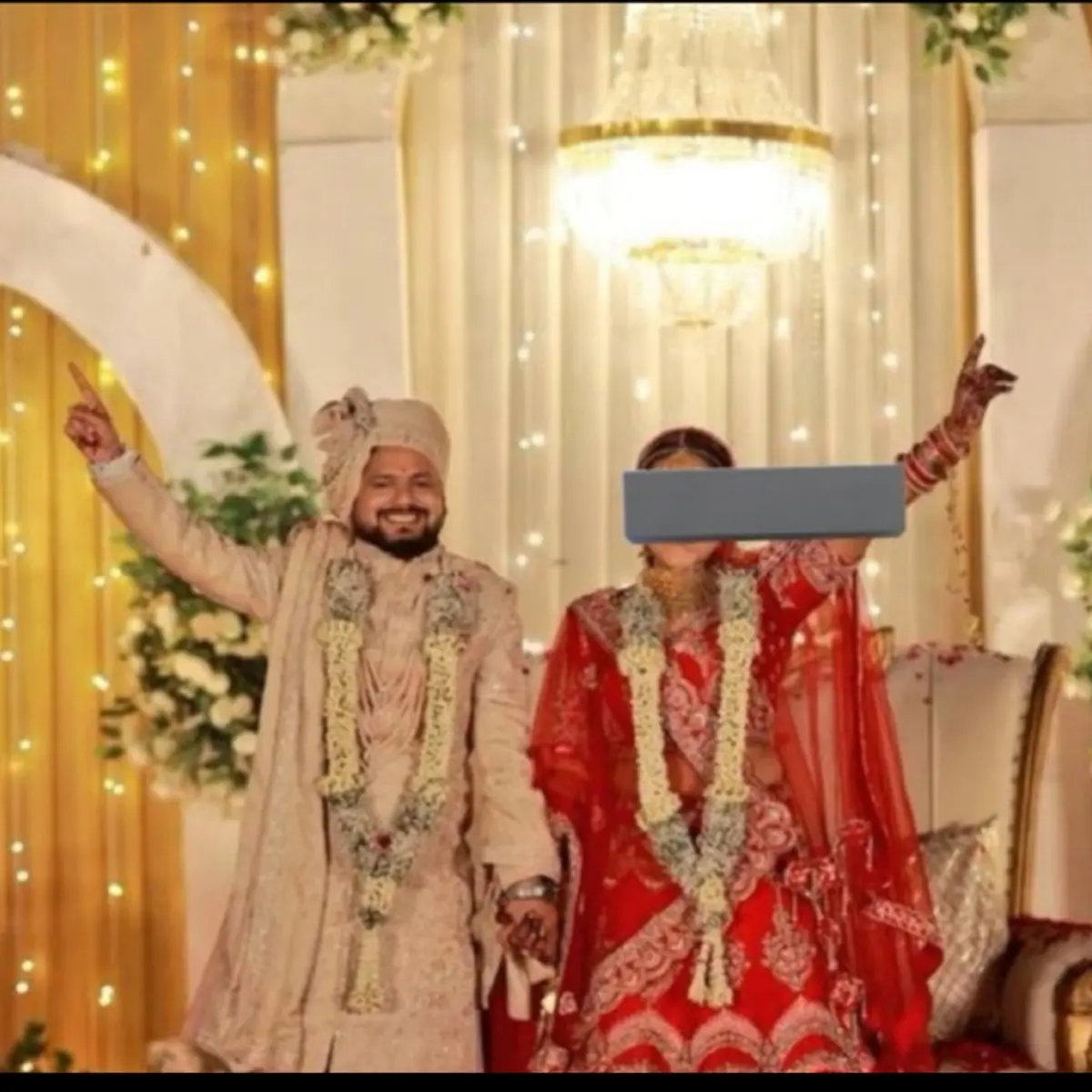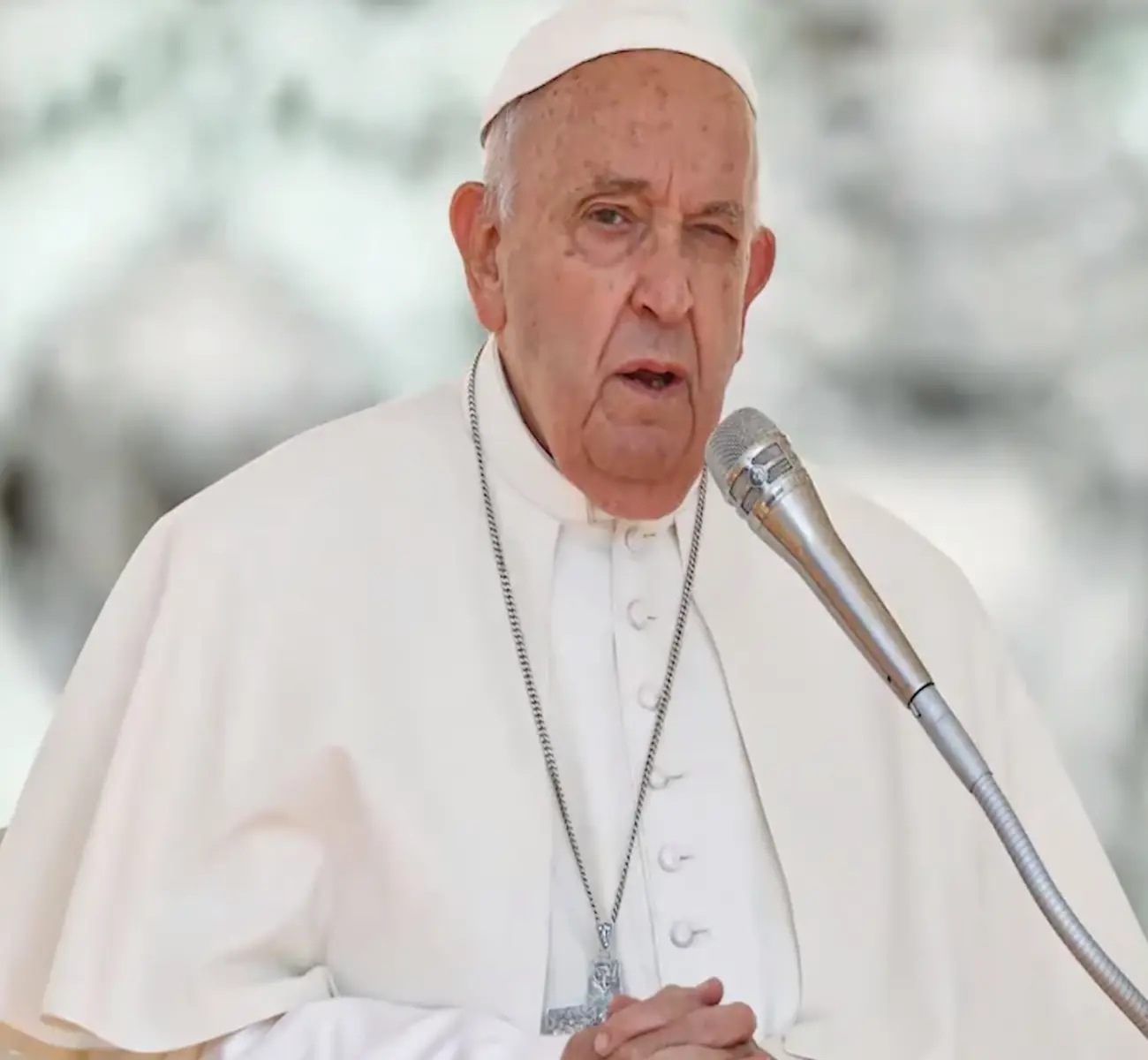Are You Hindu? Can you recite Kalma? The Question That Decided Life or Death in Kashmir

Who was Shubham?
Shubham was a young man from Uttar Pradesh who had recently gotten married in February 2025. He was in Kashmir with his wife and parents, enjoying a vacation in Pahalgam when he became a victim of a brutal terror attack.
How did the incident unfold?
On the afternoon of the attack, Shubham and his wife went horse riding in the hills of Pahalgam. Around 3:00 PM, the family received a call saying he had been shot, but confirmation of his death only came later in the evening through a viral video and family verification. He was shot in the head, a clear execution.
Was this a targeted killing?
Yes. According to eyewitnesses and family members, the terrorists specifically targeted Hindus. They were handpicking people based on their religion, asking for names and even requesting them to recite the Islamic kalma to spare their lives. Men were executed while their wives were spared to relay the message to the authorities.
Shubham's Wife
Shubham's wife, who was with him at the time, witnessed the horrific killing. She was traumatized and covered in her husband’s blood. When she pleaded to be killed too, the attackers refused, saying they wanted her to go tell the government what had happened. Her testimony matched that of other victims' families.
Scale of the Attack
Reports suggest that around 30 to 40 people were shot in the attack, many of them killed. The execution-style killings, targeting of Hindus, and forcing of survivors to act as messengers indicate a highly planned and politically motivated act of terror.
Current Situation and Appeal
Shubham’s mortal remains are still in Pahalgam, and the family has been called to Srinagar to complete formalities. They are pleading for government support to expedite the process. They emphasize that this was not just a killing, but a genocide that demands urgent justice and recognition.
Final Words
This heart-wrenching tragedy highlights the devastating impact of targeted violence. Shubham’s story is a painful reminder of the fragility of peace and the need for collective action against such hate-fueled terror.




